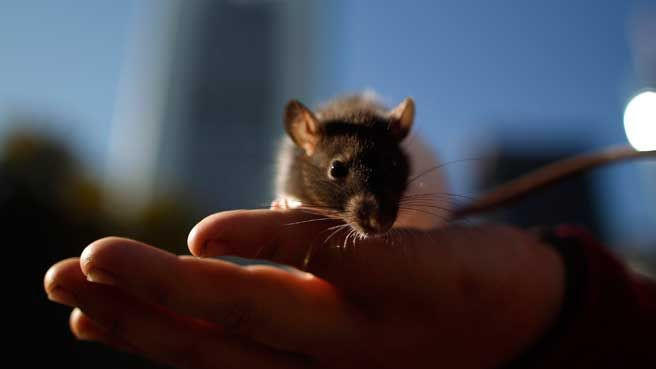Journal Retracts French Study Linking Roundup Herbicide, GMO Corn To Cancer In Rats

A controversial study linking toxic chemicals in Roundup herbicide and genetically modified (GM) corn to rat tumors has been retraced by its publisher following criticism from the scientific community and a painstaking review of its data. The study, titled “Long Term Toxicity of a Roundup Herbicide and a Roundup-tolerant Genetically Modified Maize,” has been retracted from the journal Food and Chemical Toxicology.
The study's publication, originally in Nov. 2012, and led by researcher Gilles-Eric Seralini from the University of Caen, in France, resulted in widespread “concerns about the validity of the findings it described, the proper use of animals, and even allegations of fraud,” according to a statement from the journal.
Although an investigation into the data presented by Seralini’s team revealed “no evidence of fraud or intentional misrepresentation of the data,” the journal’s Editor-in-Chief decided the study’s sample size of animals was too small to be considered effective. Seralini and his colleagues fed 200 lab grown rats GMO corn resistant to Roundup herbicide or a control,” The New York Times reported. The study found that rats that were given a diet consisting of GMO corn and Roundup herbicide were more likely to develop tumors and suffer from organ failure.
“Ultimately, the results presented (while not incorrect) are inconclusive, and therefore do not reach the threshold of publication for Food and Chemical Toxicology,” the statement read. “The peer review process is not perfect, but it does work. The journal is committed to getting the peer-review process right, and at times, expediency might be sacrificed for being as thorough as possible.”
The paper was slammed by French scientists, who rejected it saying, “given the numerous gaps in methods and interpretation, the data presented in this article cannot challenge previous studies.” It was also criticized for its methods and sensationalism by the European Food Safety Authority and Germany’s Federal Institute for Risk Assessment.
“The time-consuming nature is, at times, required in fairness to both the authors and readers,” the statement added. “Likewise, the Letters to the Editor, both pro and con, serve as a post-publication peer-review. The back and forth between the readers and the author has a useful and valuable place in our scientific dialog.”



























